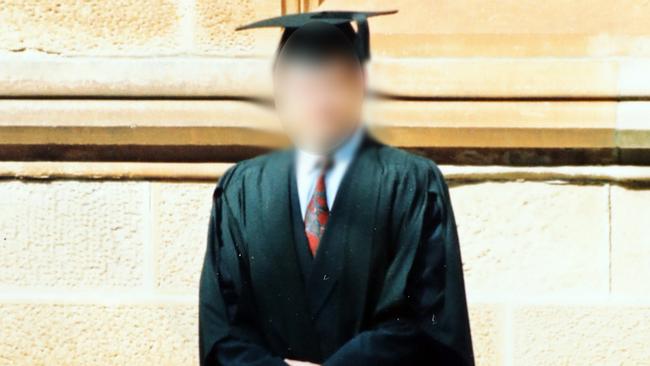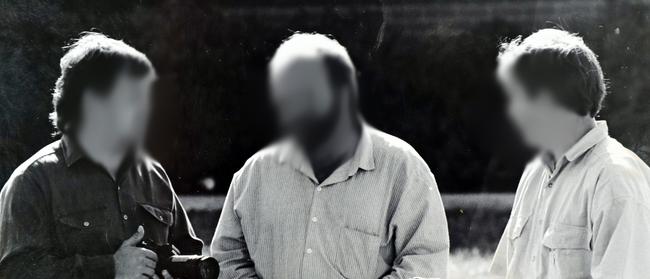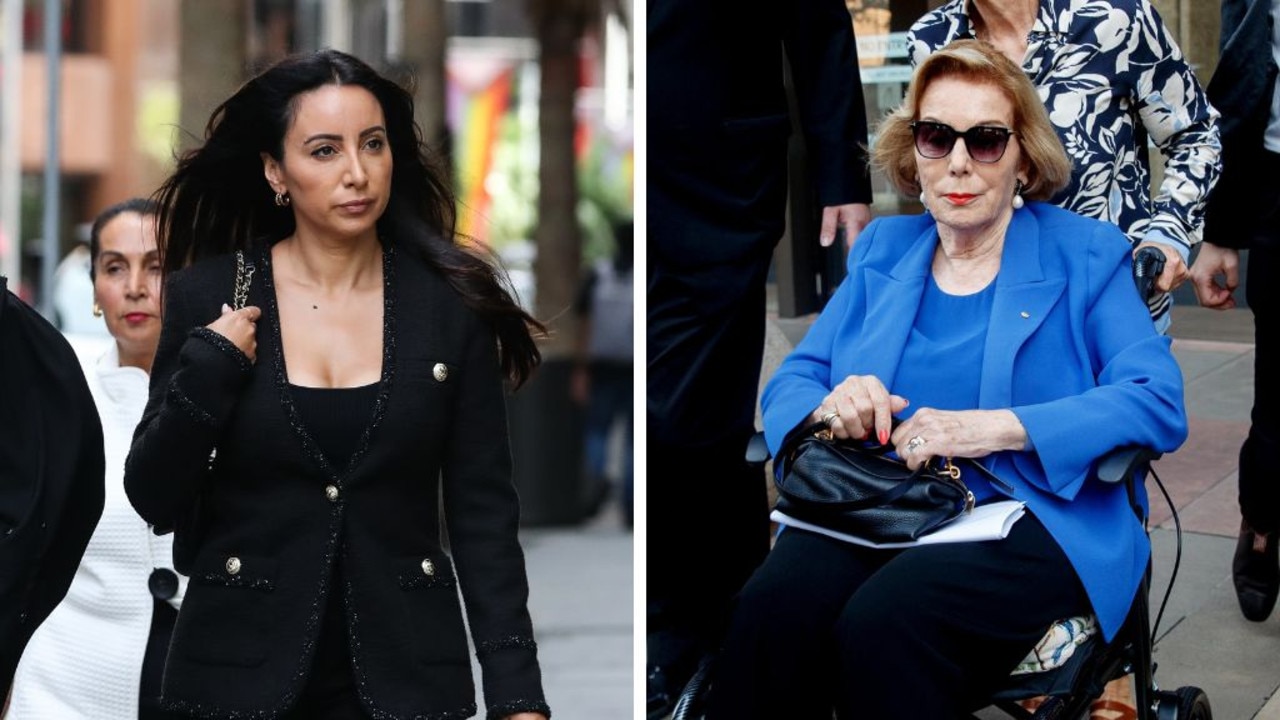Officer H sues after being target of unlawful NSW police sting
He took on the Nomad and Rebel bikies and gangs shooting up Sydney’s south-west. But in the end he was unlawfully targeted by his own kind.

National
Don't miss out on the headlines from National. Followed categories will be added to My News.
As a top notch Detective he provided personal security for Princess Anne, worked on Taskforce Gain solving a spate of shooting murders and busted drug-dealing bikie gangs.
But instead of being rewarded for the hard work, he was illegally targeted in a sting operation hatched by a vindictive senior officer in cahoots with a team including disgraced former NSW Crime Commission (NSWCC) deputy Mark Standen.
The former cop, codenamed Officer H, didn’t find out what had secretly been done to him, until more than 15 years later when his career was derailed and he left the force on a medical discharge.
Now, the former drug squad Detective, turned lawyer, sued the NSW Government and has just won a landmark compensation payout over the unlawful, underhanded, and ultimately unsuccessful entrapment operation.
And it may pave the way for future claims from other officers who have also been unlawfully targeted.

Officer H had already received a grovelling apology from the powerful NSWCC and a letter from NSW Police acknowledging a report found he was subject to a string of unlawful integrity tests and illegal recordings of his conversations.
But it still took four years and an expensive law suit against the State before Officer H finally won a “consent judgment” in the NSW District Court that effectively acknowledged the wrong doing – lifting a great weight from his shoulders.
“The settlement exonerates me and proves that what they did to me was wrong,” he said.
“This has been all consuming for me. It has dominated my every waking thought since I discovered what they had done to me.”
The NSWCC declined to comment on the case.


Trouble began for Officer H in 1999 when a senior officer who he had worked with previously, asked if he would “sweep” the Manly police station with a “spectrum analyser” to check if the station had been secretly bugged.
Officer H, who was then a Detective attached to State Crime Command, refused the approach.
But the same officer kept trying to persuade him to do it over and over again until he had been approached and had refused – 10 times.
Those attempts to entrap him were also unlawfully recorded.

The senior officer continued to pester Officer H, even though he and other colleagues had reported back that Officer H was “squeaky clean” and did not want to do the sweep.
On the 11th attempt, Officer H, who had no idea how to use a spectrum analyser, faked a sweep to get the officer off his back. It worked and the senior officer stopped.
The only inkling he had that something was wrong was when his hard won promotions were mysteriously held up and he was being treated badly by the police hierarchy.

Police can conduct integrity tests but it must be as a result of information the officer may be corrupt. Only one test is permitted. Officers can’t be tested over and over again nor solicited to engage in corrupt conduct.
Officer H said the unlawful integrity tests flourished because of a lack of checks and balances and because other police were either too scared to speak up or were “wilfully blind”.
He only discovered the extent of what had been done after the NSW Ombudsman investigated a string of unlawful bugging operations, known as Operation Prospect, against NSW police and civilians and the unlawful actions against him were uncovered.
He was still forced to sue for aggravated damages, arguing misfeasance in public office and malice which had caused him injury, loss and damage including post-traumatic stress disorder, anxiety, depression, insomnia, panic attacks and anxiety phobic reactions.
Officer H said he should not have been forced to sue, given the capitulation by the NSWCC, and the State Government’s “Model Litigant Policy” which requires State agencies to act promptly with propriety, fairness and to keep costs to a minimum by “not requiring the other party to prove a matter which the State or an agency knows to be true.”
More Coverage
Originally published as Officer H sues after being target of unlawful NSW police sting




